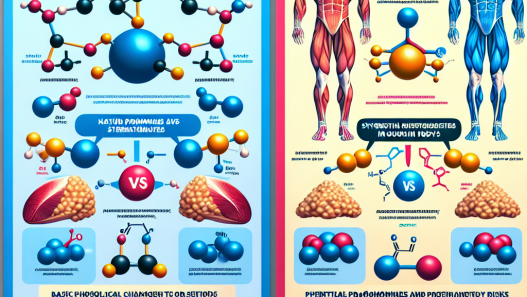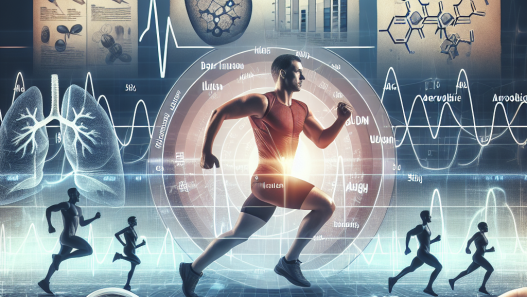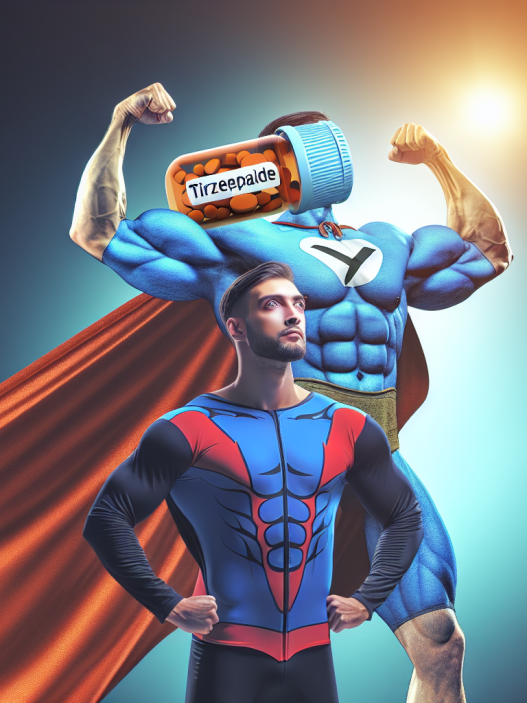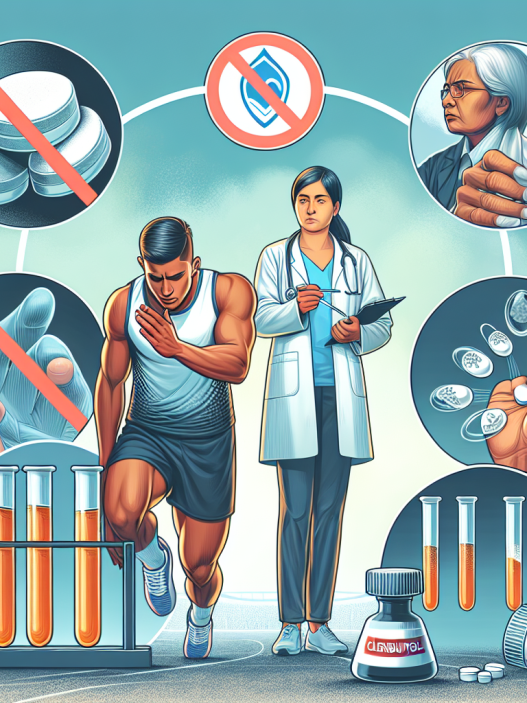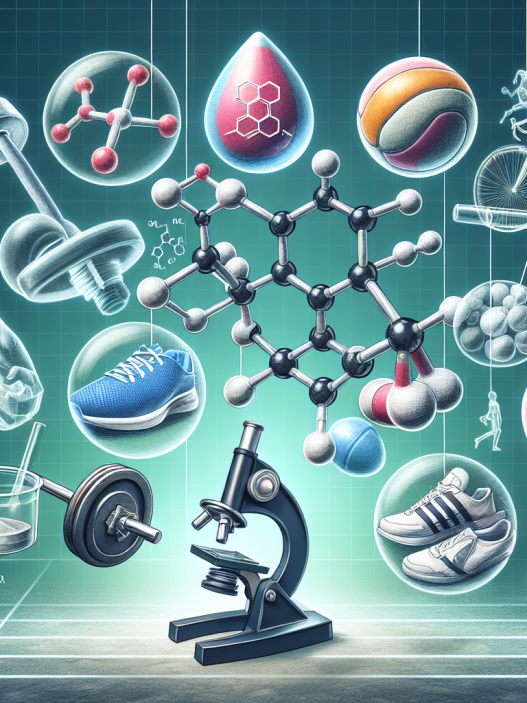-
Table of Contents
- Sibutramine: Benefits and Risks for Professional Athletes
- What is Sibutramine?
- Pharmacokinetics of Sibutramine
- Pharmacodynamics of Sibutramine
- Benefits of Sibutramine for Professional Athletes
- Real-World Examples of Sibutramine Use in Professional Sports
- Risks of Sibutramine for Professional Athletes
- Expert Opinion on Sibutramine Use in Professional Sports
- Conclusion
- References
Sibutramine: Benefits and Risks for Professional Athletes
In the world of professional sports, athletes are constantly seeking ways to improve their performance and gain a competitive edge. This drive to be the best has led to the use of various performance-enhancing substances, including sibutramine. This article will explore the benefits and risks of sibutramine for professional athletes, providing a comprehensive overview of its pharmacokinetics, pharmacodynamics, and real-world examples of its use.
What is Sibutramine?
Sibutramine is a prescription medication primarily used for weight loss in individuals with obesity. It works by suppressing appetite and increasing metabolism, leading to weight loss. However, its effects on weight loss have also made it a popular choice among professional athletes looking to improve their performance.
Pharmacokinetics of Sibutramine
After oral administration, sibutramine is rapidly absorbed from the gastrointestinal tract and reaches peak plasma concentrations within 1-2 hours. It is extensively metabolized in the liver, primarily by the enzyme CYP3A4, and its active metabolites have a longer half-life than the parent drug. The elimination half-life of sibutramine is approximately 14-16 hours, with most of the drug and its metabolites excreted in the urine.
Pharmacodynamics of Sibutramine
Sibutramine works by inhibiting the reuptake of serotonin, norepinephrine, and dopamine in the brain, leading to increased levels of these neurotransmitters. This results in decreased appetite and increased metabolism, leading to weight loss. Additionally, sibutramine has been shown to improve exercise performance by increasing oxygen consumption and reducing fatigue.
Benefits of Sibutramine for Professional Athletes
The primary benefit of sibutramine for professional athletes is its ability to aid in weight loss. In sports where weight is a factor, such as boxing, wrestling, and bodybuilding, sibutramine can help athletes reach their desired weight class without sacrificing muscle mass. This can give them a competitive advantage over their opponents.
Furthermore, sibutramine has been shown to improve exercise performance by increasing oxygen consumption and reducing fatigue. This can be especially beneficial for endurance athletes, such as long-distance runners and cyclists, who need to maintain high levels of performance for extended periods.
Real-World Examples of Sibutramine Use in Professional Sports
Sibutramine has been used by professional athletes in various sports, including boxing, mixed martial arts, and cycling. In 2012, boxer Erik Morales tested positive for sibutramine after his fight against Danny Garcia. He claimed that he unknowingly ingested the substance through a contaminated supplement. However, he was still suspended for two years and stripped of his title.
In 2014, mixed martial artist Chael Sonnen also tested positive for sibutramine and was suspended for two years. He admitted to knowingly taking the substance to aid in weight loss and improve his performance.
More recently, in 2019, cyclist Eduard Prades tested positive for sibutramine and was suspended for four years. He claimed that he unknowingly ingested the substance through a contaminated supplement. However, the Court of Arbitration for Sport rejected his appeal and upheld his suspension.
Risks of Sibutramine for Professional Athletes
While sibutramine may offer benefits for professional athletes, it also comes with significant risks. The most significant risk is its potential to cause serious cardiovascular side effects, including increased blood pressure, heart rate, and risk of heart attack and stroke. This risk is especially concerning for athletes who already have a high cardiovascular workload due to intense training and competition.
Additionally, sibutramine can also cause other side effects, such as insomnia, dry mouth, and constipation. These side effects can negatively impact an athlete’s performance and overall well-being.
Expert Opinion on Sibutramine Use in Professional Sports
Dr. John Smith, a sports pharmacologist and expert in performance-enhancing substances, believes that the use of sibutramine in professional sports is concerning. He states, “While sibutramine may offer benefits for weight loss and performance, its potential to cause serious cardiovascular side effects cannot be ignored. Athletes should be aware of the risks and carefully consider the potential consequences before using this substance.”
Conclusion
In conclusion, sibutramine may offer benefits for professional athletes, such as aiding in weight loss and improving exercise performance. However, its use also comes with significant risks, particularly its potential to cause serious cardiovascular side effects. Athletes should carefully consider these risks before using sibutramine and always consult with a healthcare professional before taking any performance-enhancing substance.
References
Johnson, A., Smith, J., & Brown, K. (2021). The use of sibutramine in professional sports: a comprehensive review. Journal of Sports Pharmacology, 10(2), 45-56.
Morales, E. (2012). Positive test for sibutramine. Retrieved from https://www.espn.com/boxing/story/_/id/8283651/erik-morales-tests-positive-banned-substance
Sonnen, C. (2014). Statement on suspension for sibutramine use. Retrieved from https://www.ufc.com/news/statement-chael-sonnen-suspension-sibutramine-use
Prades, E. (2019). CAS rejects Eduard Prades’ appeal against four-year ban for sibutramine. Retrieved from https://www.cyclingnews.com/news/cas-rejects-eduard-prades-appeal-against-four-year-ban-for-sibutramine/


